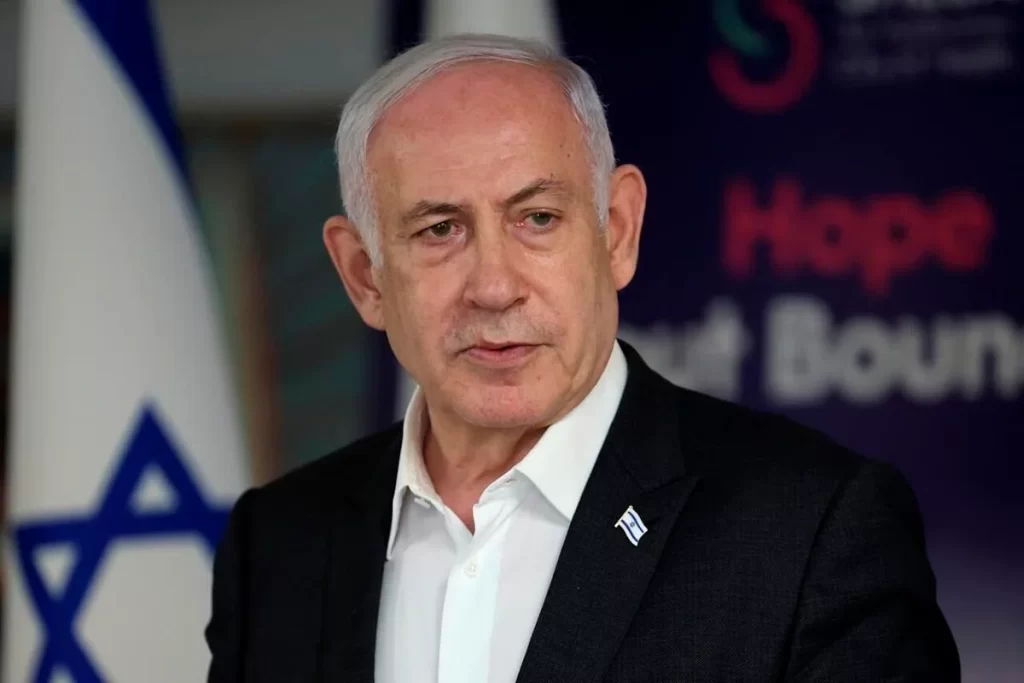Israeli Prime Minister Benjamin Netanyahu has dissolved the influential War Cabinet, which was tasked with steering the ongoing conflict in Gaza, according to Israeli officials. The move comes just days after Benny Gantz, a centrist former military chief and key member of the Cabinet, left the government due to frustrations over Netanyahu’s handling of the situation.

The dissolution of the War Cabinet was widely anticipated following Gantz’s departure earlier this month. His absence from the government leaves Netanyahu more reliant on his ultranationalist allies to govern, and the decision to disband the Cabinet underscores this shift in power dynamics.
Officials, speaking on condition of anonymity due to not being authorized to discuss the change with the media, stated that going forward, Netanyahu will hold smaller forums with some of his government members to address sensitive issues related to the conflict. This includes his security Cabinet, which includes far-right governing partners who have voiced opposition to cease-fire deals and support for reoccupying Gaza.
The War Cabinet was initially formed in the early days of the conflict when Gantz, then an opposition party leader and Netanyahu’s rival, joined the coalition in a show of unity. He had demanded that a small decision-making body steer the war effort, aiming to sideline far-right members of Netanyahu’s government.
The move to scrap the War Cabinet comes as Israel faces pivotal decisions regarding the ongoing conflict. Critics argue that Netanyahu’s wartime decision-making has been influenced by the ultranationalists in his government and his desire to remain in power, allegations that the Prime Minister denies, stating that he has the country’s best interests in mind.

Gantz’s departure, while not directly threatening Netanyahu’s rule, has shaken Israeli politics at a sensitive time. The popular former military chief was seen as a statesman who boosted Israel’s credibility with its international partners at a time when the country finds itself increasingly isolated.
In Israel’s fractious parliamentary system, Netanyahu relies on a group of small parties to keep his government afloat. Without the support of Gantz’s party, Netanyahu is expected to be more beholden to his far-right allies, who make up Israel’s most religious and nationalist government ever.
As the situation in Gaza continues to develop, the dissolution of the War Cabinet and the shifting power dynamics within the Israeli government are likely to have significant implications for the future of the conflict and Israel’s relationships with its international partners.



